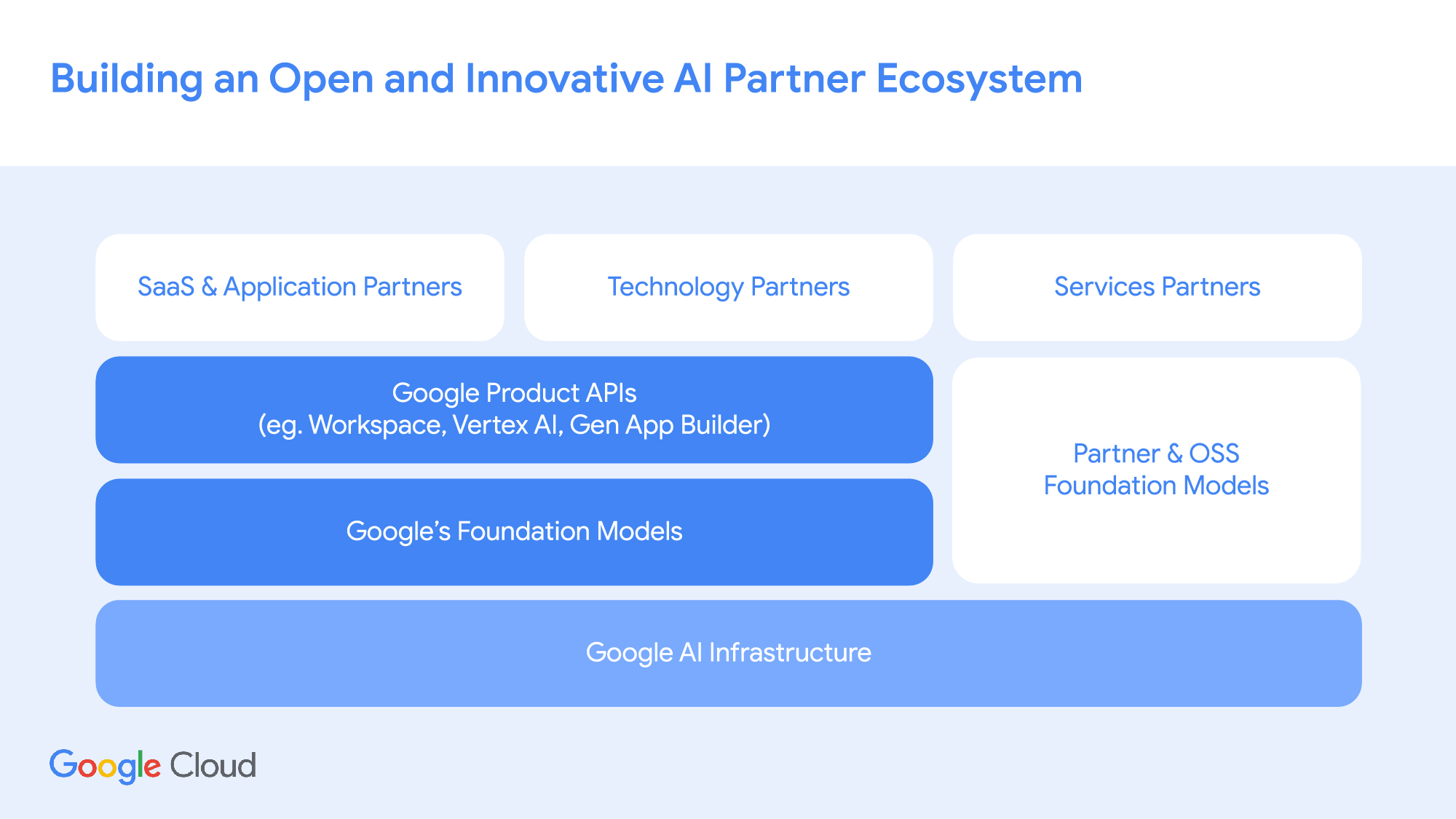Analysis: The SPD's Role In Germany's Coalition Government

Table of Contents
Historical Context: The SPD's Coalition Experiences
The SPD's history is interwoven with the fabric of German coalition politics. Its participation in various governments has shaped the nation's political and social landscape significantly. The party's experience in coalition offers valuable insights into its current role and future prospects.
-
Grand Coalition (große Koalition): The SPD's participation in numerous Grand Coalitions, featuring both the CDU/CSU and the SPD, has been a recurring theme in German post-war politics. These coalitions, while often stable, have also witnessed internal tensions and compromises on key policy issues.
-
Red-Green Coalition (Rot-Grün Koalition): The Red-Green coalitions, alliances between the SPD and Bündnis 90/Die Grünen, marked a significant shift towards more left-leaning policies. These coalitions introduced several reforms in areas such as environmental protection and social justice.
-
Key Achievements and Failures:
- Achievements: Introduction of Agenda 2010 (under Gerhard Schröder's leadership, though controversial), significant advancements in social welfare programs during various periods.
- Failures: Difficulties in balancing fiscal responsibility with social spending, internal disagreements leading to policy inconsistencies at times.
-
Key Figures: Willy Brandt, Helmut Schmidt, Gerhard Schröder, and Olaf Scholz have all played pivotal roles in shaping the SPD's approach within coalition governments, leaving indelible marks on German political history and the SPD coalition history.
The Current Coalition: SPD's Position and Influence
The current German government, often referred to as the "traffic light coalition" (Ampelkoalition) due to the colors of the participating parties (SPD – red, FDP – yellow, Bündnis 90/Die Grünen – green), presents a unique context for analyzing the SPD's role.
-
Ministerial Portfolios: The SPD holds key ministerial portfolios, including the Chancellery (Olaf Scholz), the Ministry of Finance (Christian Lindner - FDP, but significant input from SPD), and others, significantly influencing policy-making across various sectors.
-
Significant Policy Initiatives: The SPD has been instrumental in driving initiatives related to climate change mitigation, social justice programs, and strengthening the social safety net. These policies are a reflection of the party's core values and its commitment to its electorate.
-
Internal Party Dynamics: Navigating the coalition requires compromise. Internal debates and potential conflicts within the SPD, between its more moderate and left-wing factions, are an ongoing challenge, potentially affecting the party's ability to effectively execute its agenda within the SPD coalition government. Negotiations and compromises are inherent parts of coalition building, especially within the traffic light coalition.
Economic Policy: SPD's Influence on Fiscal and Social Measures
The SPD's economic policies are characterized by a commitment to social justice and a strong social safety net. Their influence within the coalition is evident in the ongoing debates surrounding:
-
Minimum Wage: The SPD has been a strong advocate for a higher minimum wage, reflecting their commitment to ensuring fair labor practices. The success of implementing and maintaining increases to the minimum wage is directly related to the coalition's ability to come to a consensus and the SPD's ability to leverage its position within the SPD coalition government.
-
Social Welfare Programs: The party prioritizes robust social welfare programs, including unemployment benefits, healthcare, and pension schemes. These priorities are central to the SPD's appeal to its core voters and are continuously debated and negotiated within the coalition context.
-
Fiscal Policy: Balancing fiscal responsibility with social spending is a constant challenge for the SPD. The party seeks to maintain a healthy economy while protecting its social welfare commitments; finding the right balance is a key aspect of their engagement within the German economy and the SPD economic policy framework.
Foreign and Security Policy: The SPD's Global Role
The SPD's influence on Germany's foreign and security policy is notable. Their approach generally favors multilateralism and international cooperation.
-
NATO and the EU: The SPD strongly supports Germany's role within NATO and the European Union, emphasizing transatlantic ties and European integration. However, finding common ground on the specifics of foreign policy within the coalition requires skillful negotiation and compromise, taking into account the varying viewpoints of the coalition partners.
-
International Relations: The SPD advocates for a peaceful and just international order. Their stance on various global issues, ranging from climate change to human rights, is often central to debates within the coalition and shapes Germany's position on the world stage. The SPD's success in shaping German foreign policy is significantly influenced by its position within the coalition.
Challenges and Future Prospects for the SPD in Coalition
Maintaining influence within the coalition government is not without challenges for the SPD.
-
Coalition Dynamics: Navigating the complexities of a three-party coalition requires constant compromise and negotiation. Disagreements on key issues are inevitable.
-
Internal Conflicts: The SPD itself encompasses a spectrum of views, making internal unity crucial for maintaining a strong negotiating position.
-
Electoral Prospects: The SPD's success in the next election will significantly depend on its performance within the coalition government. Public perception of its successes and failures will greatly affect its voter support.
-
Strategies for Maintaining Influence: Effective communication, strategic alliances, and a clear articulation of its policy goals will be crucial for the SPD to maintain its influence both within the coalition and in the broader political landscape, securing their position within the SPD Germany Coalition Government.
Conclusion
This analysis has highlighted the significant and multifaceted role of the SPD within Germany's coalition governments, from its historical contributions to its current influence on key policy areas. Understanding the SPD's position is crucial to grasping the complexities of German politics. The SPD Germany Coalition Government's success hinges on the party's ability to navigate the challenges and effectively contribute to the national agenda.
To delve deeper into the intricacies of the SPD's role in shaping German policy, further research into specific policy initiatives and coalition dynamics is recommended. Continue your exploration of the SPD Germany Coalition Government by exploring [link to relevant resources].

Featured Posts
-
 Coronation Street Actor Reveals All After Weepy Final Day
Apr 30, 2025
Coronation Street Actor Reveals All After Weepy Final Day
Apr 30, 2025 -
 Dr Jessica Johnson Yates Highlights The Power Of Black History
Apr 30, 2025
Dr Jessica Johnson Yates Highlights The Power Of Black History
Apr 30, 2025 -
 Wayne Gretzkys Fast Facts A Quick Look At The Great Ones Life And Career
Apr 30, 2025
Wayne Gretzkys Fast Facts A Quick Look At The Great Ones Life And Career
Apr 30, 2025 -
 Clases De Boxeo En Edomex Inscribete Antes Que Se Agoten Las Plazas 3 Dias
Apr 30, 2025
Clases De Boxeo En Edomex Inscribete Antes Que Se Agoten Las Plazas 3 Dias
Apr 30, 2025 -
 Schneider Electrics New Ai Ecosystem A Partner Program For Ai Success
Apr 30, 2025
Schneider Electrics New Ai Ecosystem A Partner Program For Ai Success
Apr 30, 2025
